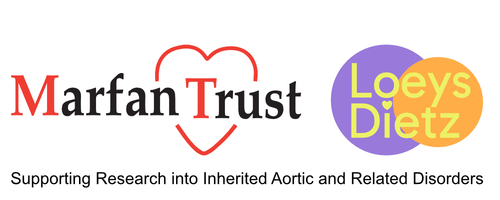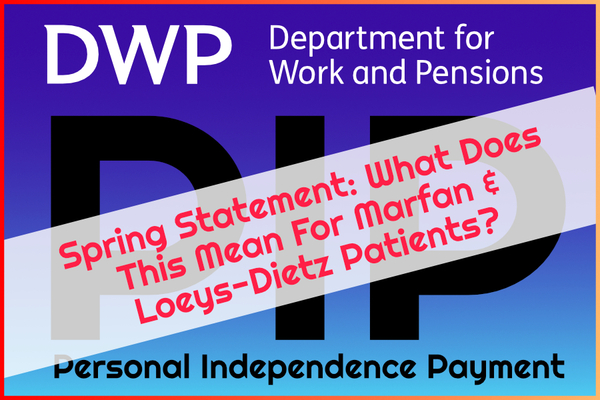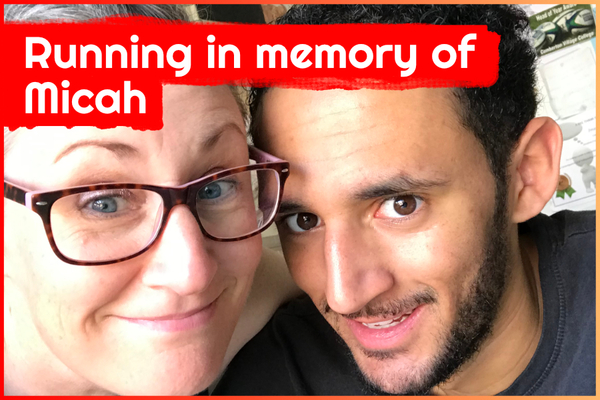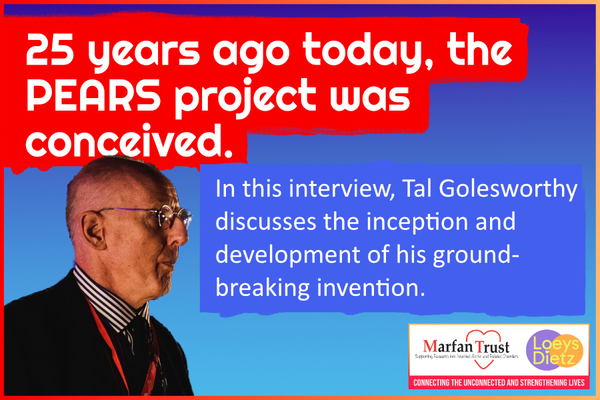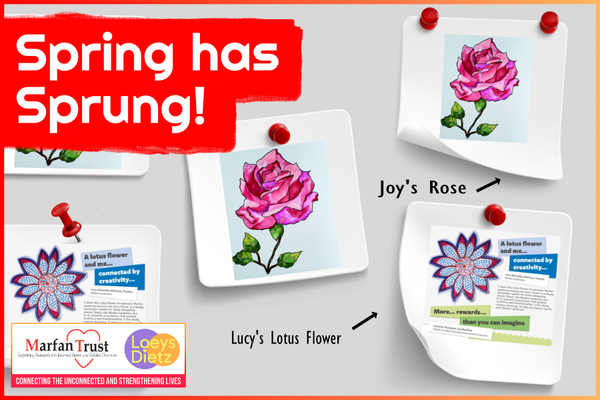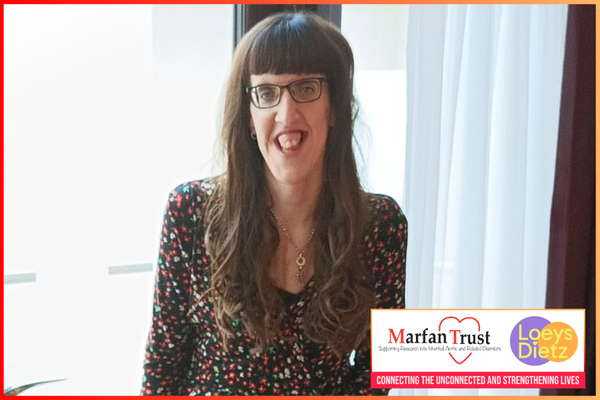Continuing the Benefits Cuts announcement of last week, the government has unveiled its nervously anticipated Spring Statement, reaffirming its commitment to 'fiscal discipline'. We have interpreted the potential ramifications of this for our Marfan and Loeys-Dietz syndrome patients.
What is the Spring Statement?
The Spring Statement outlines the amount of money the government has to spend, and what it will be spent on.
How will newly announced changes affect our community?
How will newly announced changes affect our community?
Many people with Marfan and Loeys-Dietz syndromes rely on PIP (personal independence payment) to cover essential costs relating to mobility aids and everyday living. These are the two key components of the PIP scheme and claimants may be eligible for one or both. Proposed changes outlined in Rachel Reeves’ economic plans could have serious consequences for claimants.
Underlying the government’s suggested reforms is the wish to reduce the number of people receiving PIP and tighten assessment criteria. An additional eligibility requirement for the ‘daily living’ element of the benefit will be introduced and here are the details taken from the BBC website for new claimants:
“Pip assessments involve questions about tasks like preparing and eating food, washing and getting dressed. Each is scored on a scale from zero - for no difficulty - to 12 - for the most severe - by a health professional.
From November 2026, the government says people will need to score at least four points for one activity, instead of qualifying for support with a score that could describe less severe difficulties (ones and twos) across a broad range of tasks.
For example, needing help to wash your hair, or your body below the waist, would be awarded two points, but needing help to wash between the shoulders and waist would equate to four points.”
People with complex conditions such as Marfan syndrome may struggle to prove that they qualify—especially when symptoms are invisible or fluctuate over time. We feel that these changes risk potentially forcing people to go without support simply because their condition doesn’t fit a rigid tick-box system.
Living with Marfan syndrome often means navigating daily uncertainty, managing health risks, and coping with physical limitations. Stripping back financial support could potentially undermine our community’s independence and even worsen physical and mental health, particularly as stress has a direct impact on heart health—already a major concern in this community.
Follow these links to read more: https://www.bbc.co.uk/news/articles/cvged1en8jro
And https://www.bbc.co.uk/news/articles/cj924xvzrr2o
Here is a link to our piece on Navigating the Benefits System.
The Marfan Trust has written to the government to convey our concerns.
Tehre is still teh opportun
